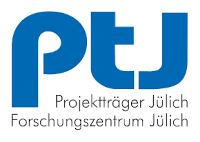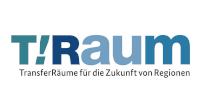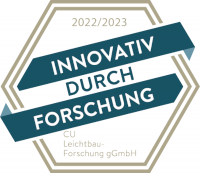
Tel: +49 (0)821 – 5586 3176
andre.baeten@hs-augsburg.de
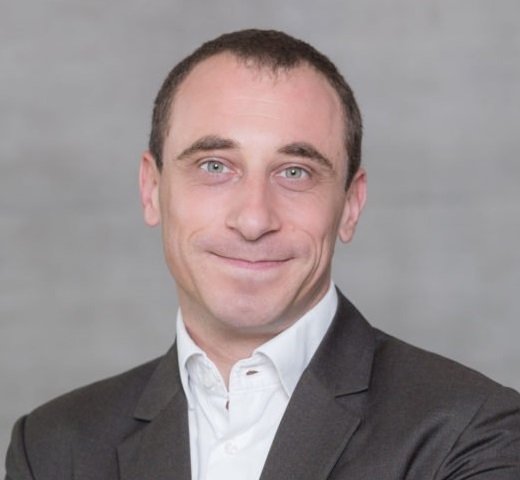
Exhibition & Conference Management
Composites United e.V. – Leading-Edge Cluster MAI Carbon
Am Technologiezentrum 5
86159 Augsburg
Tel.: +49 (0) 821 268411-13
stefan.steinacker@mai-carbon.de

Tel: +49 (0)821 – 5586 3176
andre.baeten@hs-augsburg.de





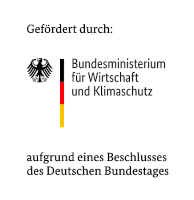
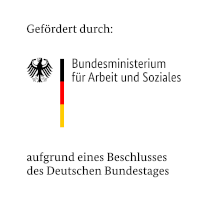
![BMBF_CMYK_Gef_M [Konvertiert]](https://composites-united.com/wp-content/uploads/2022/03/BMBF_gefoerdert_en_rgb.jpg)
